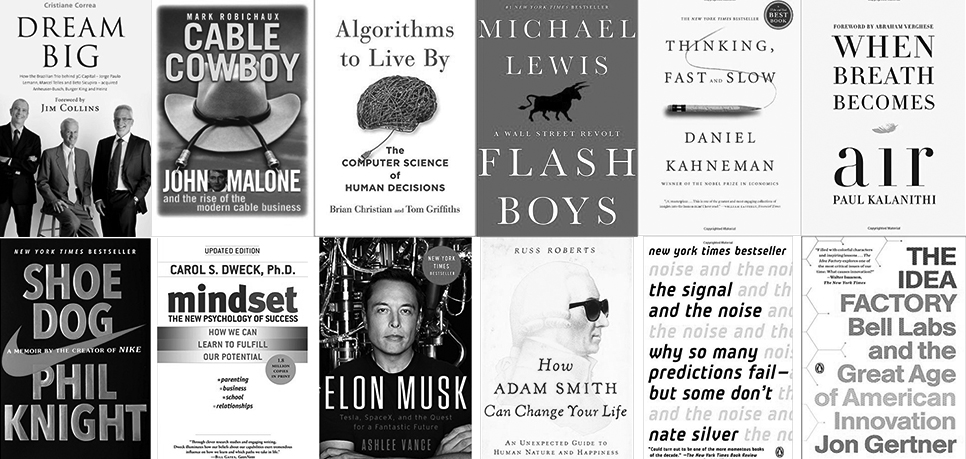Finding Common Ground Between Baby-Boomer and Millennial Advisors
by Commonwealth Financial Network
 The dynamic in play between owners of financial advisory practices and their likely successors is interesting. So many things point to there being plenty of common ground between baby-boomer and millennial advisors. For example:
The dynamic in play between owners of financial advisory practices and their likely successors is interesting. So many things point to there being plenty of common ground between baby-boomer and millennial advisors. For example:
- Many advisors have evolved from having lifestyle practices, built around their own interests, to legitimate businesses that stand on their own. Those businesses are highly valuable and present attractive long-term opportunities for younger advisors looking to make a career of this business.
- Baby-boomer advisors are still young—the average age at Commonwealth is 54. They have a lot of wisdom to share with their younger colleagues, particularly about what it takes to run a successful business.
- Owner-advisors increasingly want to stay involved with their firms, albeit at a reduced level. This willingness creates an opportunity for younger advisors to take on more responsibility without being completely on their own. Further, it gives baby-boomer advisors an opportunity to mentor and share the wisdom they have gained.
- Successful financial advisory practices have the need and ability to create career paths for younger staff members. Opportunities to specialize—as advisors and support staff—are increasingly common and are wonderful ways to learn about the business and stay in it for the long run.
- Clients are interested in seeing their advisors plan for the future. Younger generations in the office convey stability and longevity; clients need not worry that the absence of their advisor means that their financial needs are left wanting.
But if all this is true, why do baby-boomer owners and millennial successors so often struggle to make their match work?
Owner-advisors are sometimes loathe to let go of the business they have created. Who can blame them? It is immensely fulfilling and satisfying to know that you have created a business from scratch that is critical to your clients’ ability to live the lives they envision. It also provides you with a very nice lifestyle. Add to that the fact that you employ people, giving them a way to contribute and rewarding them for work well done, and it can be very hard to let go.
This point is well illustrated with the Greiner Curve, a model showing the dynamic growth cycle of businesses. It suggests that the things that lead to a firm’s success (e.g., creativity, direction, alliances) can also plant the seeds for crisis. Your ability to envision a firm, gather the resources to form it, and define and grow it over decades is an amazing talent. At some point, though, the focus on you will be its doom. For a business to survive, the owner must be willing to let go and allow others to carry the firm forward.
What, specifically, do you need to allow others to do? Allow them to create, to make decisions, to take responsibility, to take control, to forge alliances, to take risks, to fail, and to succeed. Allow them to become a business owner.
Millennial successors, on the other hand, may discount the degree to which emotions play into a business transition. For many, becoming an owner is a transaction: Either they buy in at an initial level and grow their ownership stake over time, or they acquire the entire business outright. Each of these scenarios represents a major life change for the founding owner-advisor, replete with varied emotions, questions, doubts, and hopes.
For millennial successors, it’s their entrée into leadership, and they are often impatient to demonstrate that they have what it takes to own a business and manage an advisory practice. They see the possibilities, from operational decisions to marketing strategies, that they can capitalize on when they are in the driver’s seat and want to get started right away. But this eagerness may lead them to lose sight of how the firm got to where it is today—the time, energy, emotion, and money the founder put into the business to achieve that success. As a result, founding advisors may be left with the impression that their millennial successors don’t appreciate all the layers of emotion that are in play during this potential transition.
So, what can millennial advisors do to make this process easier? They can differentiate themselves by making a point of talking with the founder about the issues that take on new meaning at this stage:
- What the advisor is experiencing
- What the advisor wants for the firm and for him- or herself in the next stage of life
- What clients may be feeling and thinking about this transition in ownership
By having heartfelt conversations and by demonstrating, through their track record, that they are the right person for the job, millennials can significantly minimize or even eliminate any concerns the founding advisor may have.
In addition to underestimating the close emotional ties many founding advisors have with their firms, millennials in staff advisor roles too often assume that the business development aspect of ownership will come easily. When put to the test, many learn just how hard it is and that it actually may not be right for them. To succeed at rainmaking, you need to learn the language of consultative sales that resonates with prospective clients, and it’s not a skill set that everyone can master. If rainmaking is not in your wheelhouse, know that service advisor roles are absolutely critical to the success of the firm and can give you the opportunity to contribute strategically to the organization while others bring their strengths in business development to the fore.
If you’re a millennial advisor, you must focus on the owner-advisor’s needs and interests.
- What does he or she want to accomplish by transitioning some or all of the business to a successor?
- What concerns does the owner-advisor have?
- What will he or she do when the transition takes place?
- What interests will he or she explore? What contribution will he or she make?
As for you baby-boomer advisors, you must recognize when you’re getting in your own way. Millennials are not like you, it’s true. But what would you be like if you were starting over and entering the industry today? What would you be interested in? How would you approach your career? The answers may not be too dissimilar from millennials’ goals and dreams.
Although it can feel like baby boomers and millennials speak different languages, it may be that they are speaking the same language but in different time zones—the past versus the present versus the future. Talk with one another and you may find more common ground than you can imagine.
What's your experience working with advisors of a different generation? Will you have trouble letting go of your business when the time comes? Please share your thoughts with us below!
Commonwealth Financial Network is the nation’s largest privately held independent broker/dealer-RIA. This post originally appeared on Commonwealth Independent Advisor, the firm’s corporate blog.
Copyright © Commonwealth Financial Network
















